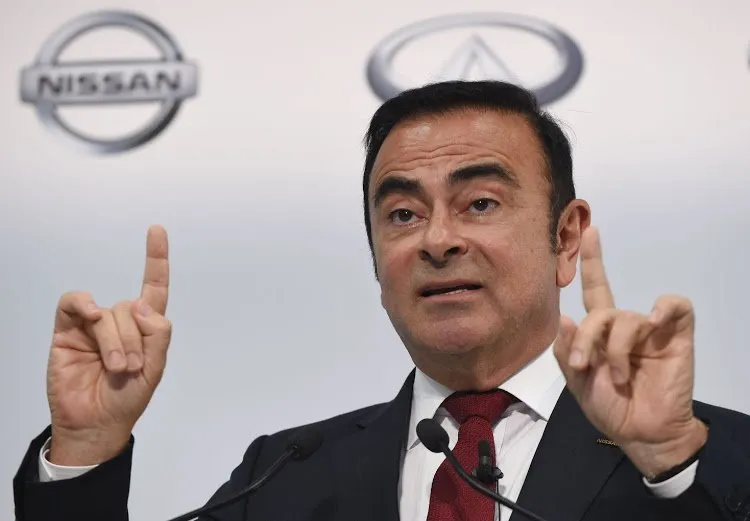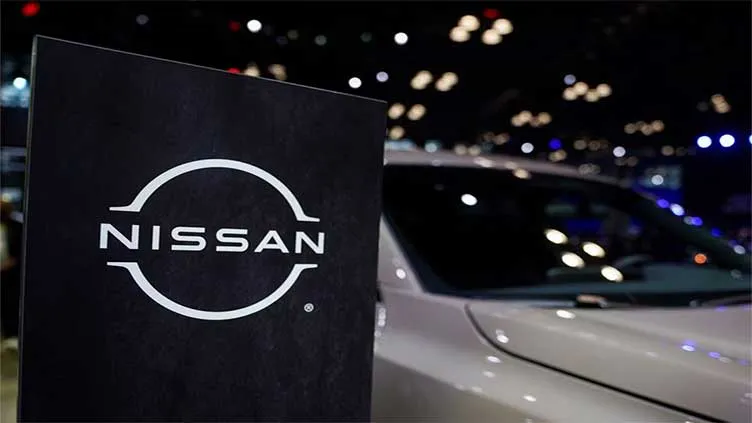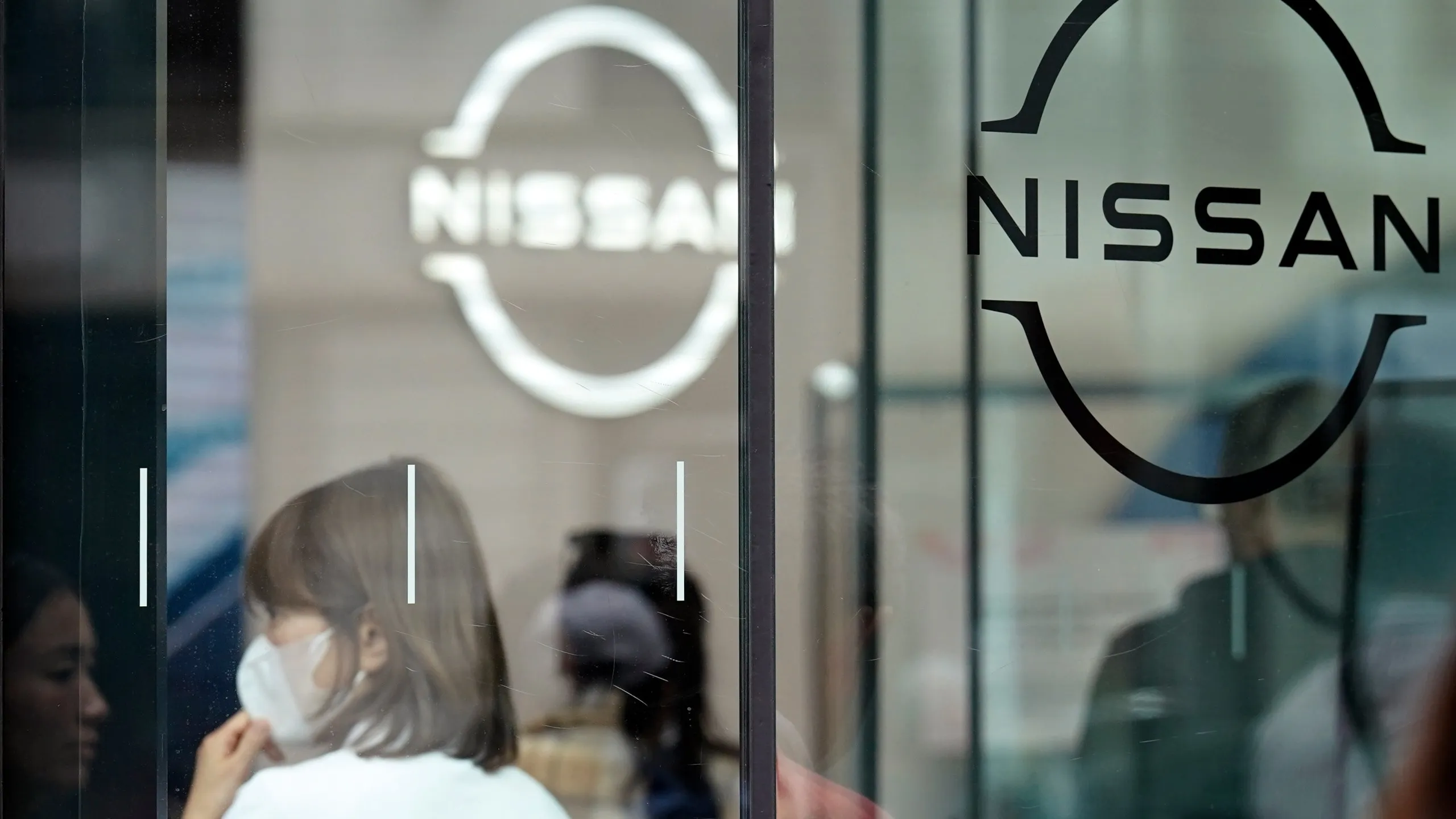Portrait of the recently arrested Chairman of Nissan, Mitsubishi and Renault: From ‘hero’ to ‘sinner’

Nissan, which employs 7,000 people in the UK, including 6,000 at its Sunderland plant, and 17,000 in the US, recently announced plans to slash 9,000 jobs globally and reduce 20% of its manufacturing capacity. This move is part of an aggressive strategy to cut costs by $2.6 billion (£2 billion) in the current fiscal year. The company’s struggles have been compounded by a downturn in sales, particularly in China and the US, its two largest markets, leading to an uncertain future for the brand.
In an attempt to steer the company back on course, Nissan’s CEO Makoto Uchida is taking a significant 50% pay cut. Additionally, the company’s Chief Financial Officer, Stephen Ma, has stepped down, signaling the depth of the crisis. Despite these efforts, insiders fear the measures may not be enough to reverse the company’s fortunes. “We have 12 or 14 months to survive. This is going to be tough. And in the end, we need Japan and the US to be generating cash,” a senior Nissan official was quoted as saying in the Financial Times.
Nissan’s head of manufacturing, Hideyuki Sakamoto, stated that the company plans to reduce the operational capacity of its 25 global vehicle production lines by 20%, with changes to line speed and shift patterns to improve efficiency. However, many industry experts believe that the company’s failure to keep pace with the rapidly changing automotive landscape, particularly the shift toward hybrid and electric vehicles, has been a major factor in its financial difficulties.
Nissan’s struggles are not unique in the automotive industry, where competitors have pushed ahead with successful hybrid and electric vehicle models. While Nissan initially embraced electric vehicles (EVs) with models like the Leaf, the company has struggled to keep up with rising consumer demand for hybrids and plug-in hybrids, a segment that has seen explosive growth.

To add to Nissan’s woes, the company is reportedly facing the end of its strategic partnership with Mitsubishi and Renault, a deal that was signed back in 1999 and has covered key markets in Europe, Japan, and the US. Insiders suggest that Renault is now considering reducing its financial stake in Nissan, which could leave the company scrambling for financial support from either the Japanese or US governments to stay afloat.
The possibility of a government bailout raises concerns about the long-term viability of Nissan, with the company projected to run up its largest-ever debt by 2026—an alarming $5.6 billion (£4.4 billion). Such a scenario could have far-reaching implications for the automotive industry and the thousands of workers dependent on Nissan’s survival.
Nissan’s Sunderland plant, which remains one of the largest car manufacturing facilities in the UK, is facing significant uncertainty. The plant has long been a cornerstone of Nissan’s European operations, but with the company’s future hanging in the balance, questions remain about the long-term prospects of the plant and its workers.
Guillaume Cartier, chairman of Nissan’s Africa, Middle East, India, Europe, and Oceania regions, expressed concern that the ongoing financial troubles could undermine the business case for manufacturing cars in the UK, which could jeopardize thousands of jobs and billions of pounds in investment. “We now need to see urgent action from the Government by the end of the year to avoid a potentially irreversible impact,” Cartier warned.

Adding further pressure on Nissan and other carmakers is the UK’s ambitious Zero Emissions Vehicle (ZEV) Mandate, which aims to increase the proportion of electric vehicles sold each year in the lead-up to a ban on new petrol and diesel vehicles by 2030. This year, car manufacturers must ensure that EVs account for at least 22% of their total sales, with fines of £15,000 per vehicle if they fail to meet this target.
Nissan has called for more flexibility in the enforcement of these targets, suggesting that the current ZEV Mandate could impose unnecessary penalties on carmakers unless credits are purchased from EV-only brands, none of which manufacture in the UK. Nissan has also lobbied for a two-year monitoring period instead of fines for 2024 and 2025, arguing that a lack of demand for EVs and high vehicle prices are major barriers to achieving the targets.
Lisa Brankin, chairman of Ford UK, echoed these concerns, calling on the government to introduce incentives, such as tax breaks, to encourage more consumers to switch to electric vehicles. “As an industry, we have repeatedly said that we support the government’s trajectory and the ambition they have set out. It’s just that there isn’t customer demand,” Brankin stated.

The future of Nissan remains uncertain, and its struggles are emblematic of broader challenges facing the automotive industry as it navigates a rapidly changing landscape. While the company is taking steps to restructure and cut costs, it remains to be seen whether these efforts will be enough to secure its survival. As the company works to address its financial difficulties, all eyes will be on Nissan’s next move and whether it can regain its footing in an increasingly competitive market.
For now, Nissan’s employees and investors, particularly in the UK and US, are holding their breath as the company fights for survival in an industry that’s increasingly focused on sustainability, electrification, and innovation. How Nissan adapts to these challenges in the coming months will be critical to determining whether it can remain a major player in the global automotive market.


